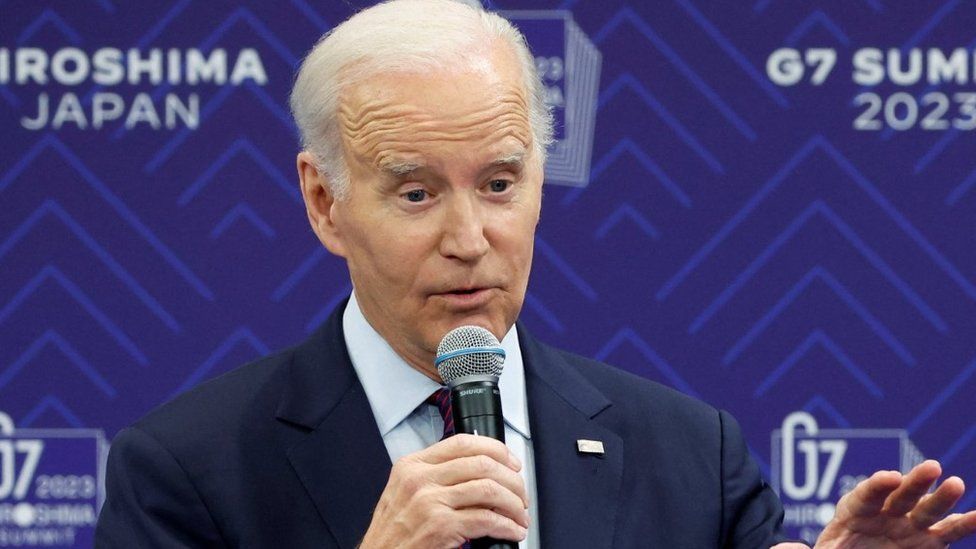
President Joe Biden and top Republican Kevin McCarthy recently had a phone conversation regarding the stalled talks on raising the US debt ceiling. President Biden stated that the call went well, and they plan to continue discussions on Monday. However, the two sides remain at odds over the Republicans’ demand for budget cuts as a condition for raising the ceiling. Failing to reach an agreement by June could result in a US default on its debt, causing chaos in financial markets and leading to increased interest rates.
President Biden, while returning from the G7 summit in Japan, called the Republican proposals “unacceptable” and emphasized the need for Republicans to accept that a bipartisan deal cannot be made solely on their partisan terms. He expressed his willingness to cut spending to reach a compromise. The president canceled his scheduled foreign visits to address the impasse over the federal debt issue.
McCarthy described the call with President Biden as “productive” and expressed hope that the president understands their perspective. Negotiators from both sides subsequently met at McCarthy’s office on Capitol Hill, and the discussions continued for around two-and-a-half hours. The negotiating teams planned to work overnight to find a resolution.
Treasury Secretary Janet Yellen reiterated that June 1 remains a “hard deadline” for reaching a deal. Failure to raise the debt ceiling could lead to the suspension of social insurance payments, federal and military employee salaries, and significant disruptions to the global economy.
The Republican proposal demands budget cuts amounting to $4.5 trillion, including the scrapping of several of President Biden’s legislative priorities, while seeking increased spending on military and border security. The White House criticized the proposal, calling it a blueprint that would harm American families, but indicated some willingness to make budgetary concessions.
Both President Biden and McCarthy face pressure from within their respective parties, making it challenging to reach a compromise. With a slim Democratic majority in the Senate and Republicans in narrow control of the House, finding a deal has proven elusive thus far.
Picture Courtesy: Google/images are subject to copyright









